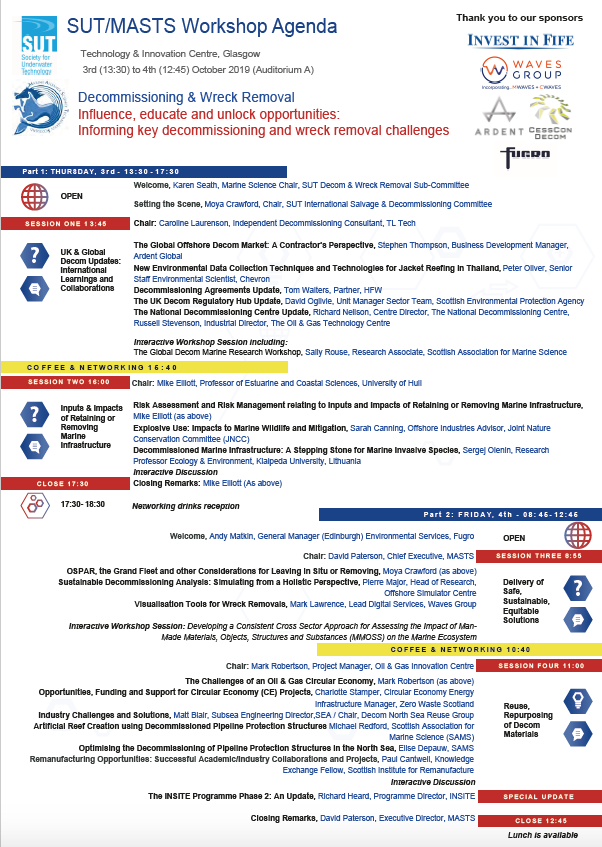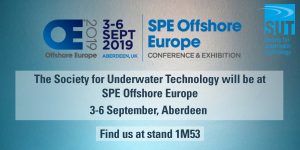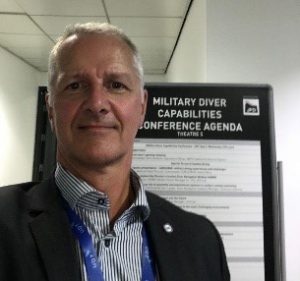Discover more about ship-based robotics and their application to manned and autonomous vessels at this free joint event organised by the Southwest Chapter of The Society for Underwater Technology (SUT) and Submarine Technology Limited (STL).
SUT is a multi-disciplinary learned society bringing together organisations and individuals with an interest in underwater technology, ocean science, and offshore engineering.
STL is a research consultancy, design, and development group, specialising in the sub-sea and offshore industries. Recently, STL’s development of ship-based robotic technology has been supported by the European Regional Development Fund through the Marine-I programme in Cornwall.
Personnel from STL and the University of Plymouth will present results from the R&D programme together with naval architecture studies and market research findings. The application of robotics to marine operations and its role as an enabling technology for autonomous surface vessels will be explored.
Agenda
09:30 Welcome, refreshments, networking
10:00 Introduction by SUT and STL
10:15 Overview of the ship-based robotics R&D programme
10:30 Test facilities for ship-based robotics
10.50 Robotic arm design
11:10 Control system design
11.40 Coffee break
12:00 Naval Architecture Studies
12:20 Market Research
12.40 Q&A discussion
13.00 Lunch
13.40 Autonomous vessels and robotics
14:00 Autonomous systems
14:20 Autonomous marine applications
14:40 Final Q&A discussion by SUT and STL
15:00 Close
NB the Agenda above is subject to change
Please contact [email protected] with any queries
Click here for the event flyer.






